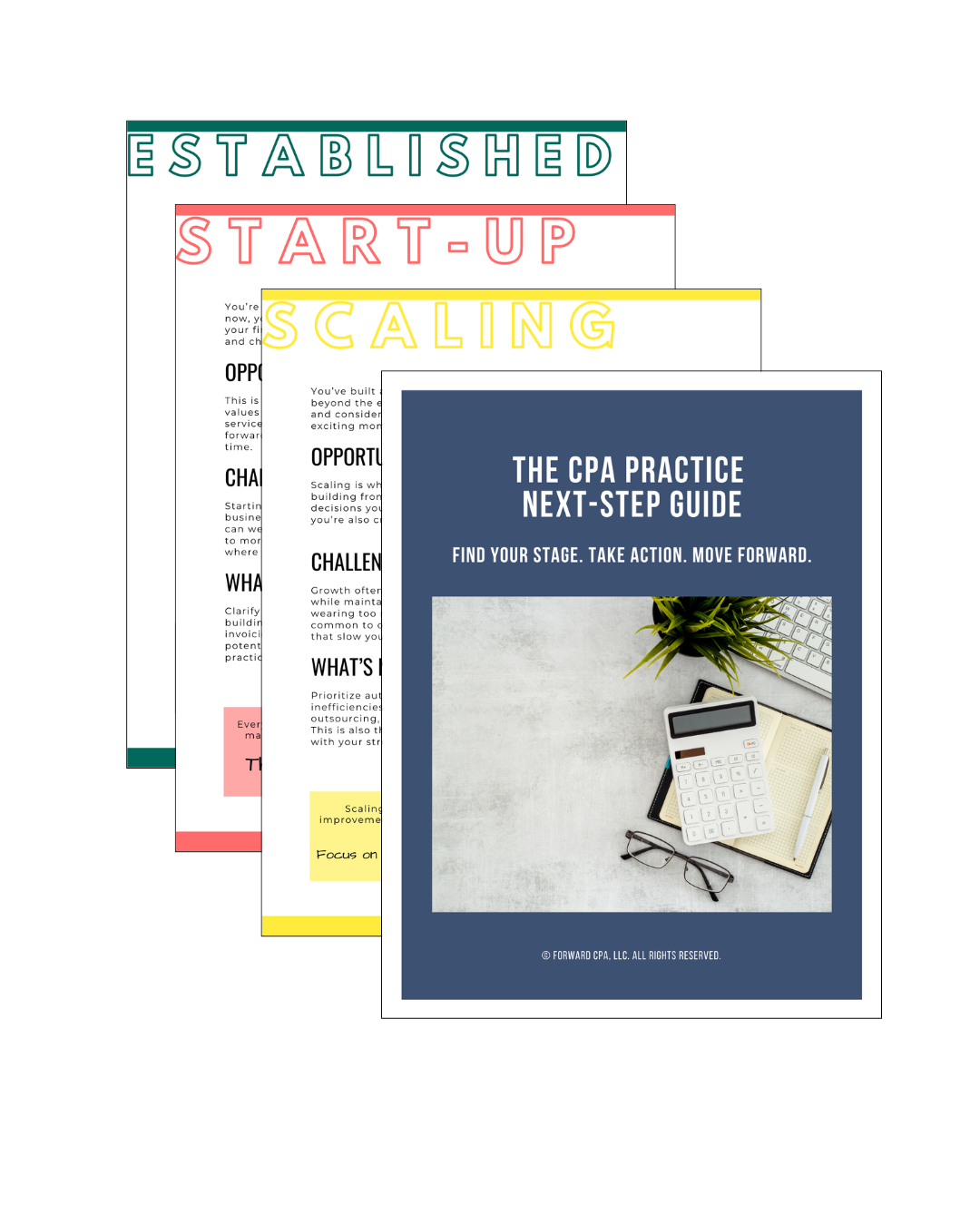Rethinking "Busy Season": What if Your Firm Never Had One?
Aug 15, 2025
If you’ve been in public accounting long enough, you know what “busy season” means:
Long hours. Late nights. Stressed-out staff. A calendar that feels out of control.
You brace for it.
Plan around it.
Survive it.
Then do it all over again next year.
But what if you didn’t have to?
What if your firm never had a busy season at all?
What if the audit work got done—without the pressure, burnout, and backlog?
It’s not a fantasy. It’s a shift in how you think about time, systems, and your capacity.
And it starts with rethinking what busy season really is—and why it doesn’t have to be part of your firm’s identity.
Busy Season Isn’t Just a Deadline Problem—It’s a Design Problem
The real reason busy season is stressful?
It’s not just the deadlines. It’s how we schedule, staff, and structure the work around those deadlines.
For firms that audit governments, the timeline is tight—but predictable. Most engagements are recurring. The deadlines don’t change.
So why does it still feel like a scramble every year?
Because most firms are reacting instead of planning.
They’re rebuilding files instead of using templates.
They’re training on the fly instead of onboarding with systems.
They’re overbooking because they don’t trust the process will hold.
Busy season isn’t inevitable. It’s just what happens when your systems can’t scale with your client load.
What a Firm Without a Busy Season Looks Like
You don’t eliminate deadlines. You eliminate chaos.
Here’s what it can look like:
✅ 1. Standardized Workpapers That Don’t Start From Scratch
You use templates, not prior-year files. Your tie-outs are built in. Your footnote disclosures are drop-in ready.
✅ 2. Staff Who Are Trained Before Fieldwork Starts
You’ve recorded walkthroughs. You’ve documented your audit program. Your reviewers aren’t teaching in real time—they’re reviewing.
✅ 3. Clients Who Are Prepped With Timelines and Tools
They get the same PBC checklist each year. They know what’s expected and when. You’re not chasing down cash reports in the middle of fieldwork.
✅ 4. Capacity That’s Measured—and Respected
You know how many audits you can take on, and you don’t exceed it. You build in flex time. You track actual hours against your plan.
✅ 5. A Schedule That Works for You, Not Against You
You stagger fieldwork. You front-load prep. You issue drafts without the last-minute crunch. And when you’re done, you really get to rest.
How to Start Reducing Your Busy Season—One Step at a Time
You don’t have to flip your firm overnight. But you can start now.
✅ Start With One Engagement
Systematize it. Build the folder, the template, the timeline. Use it to refine your approach.
✅ Track What Creates the Most Chaos
Is it missing client docs? Review bottlenecks? Staff confusion? Fix the one that hits hardest first.
✅ Protect Your Off-Season
Use downtime to improve—not just recover. Build templates. Record training. Create a shared audit calendar.
✅ Say No When You Need To
If a new client would break your systems—or your sanity—it’s not the right client. Say no (or raise your price to make the time worth it).
Don’t Build a Firm That Depends on Surviving the Hardest Months
You didn’t start your own firm to feel like you were always behind.
You started it for flexibility. Impact. Freedom. Ownership.
You don’t need to accept busy season as a badge of honor.
You can choose a new model.
You can build a firm that works year-round—without burning out when the deadlines hit.
Because the best time to rethink your firm’s future?
Is before you’re too busy to do it.
Your Next Step Forward
Join the newsletter designed to help CPAs take the next best step in building a practice they love, with practical insights, game-changing tools, and quick wins in every email.
We hate SPAM. We will never sell your information, for any reason.




